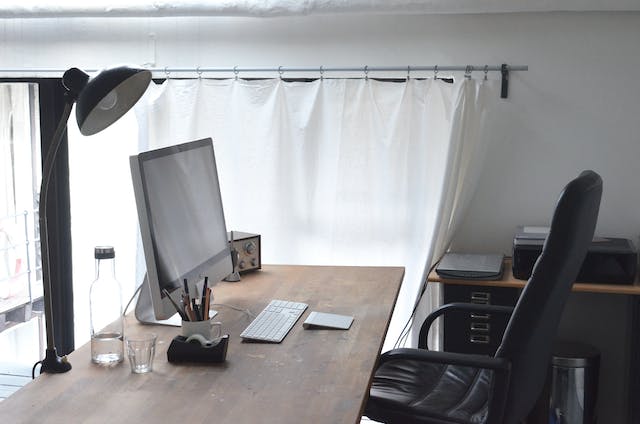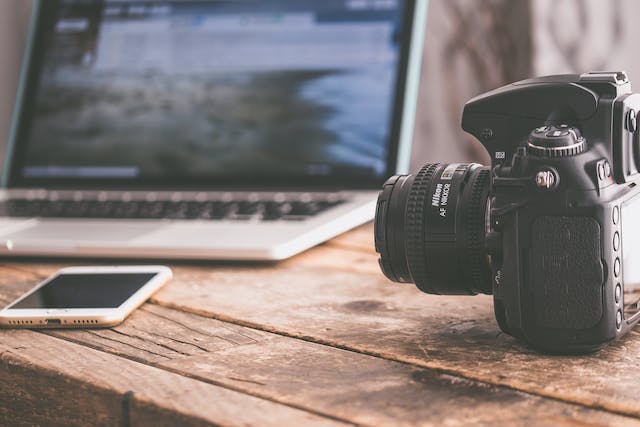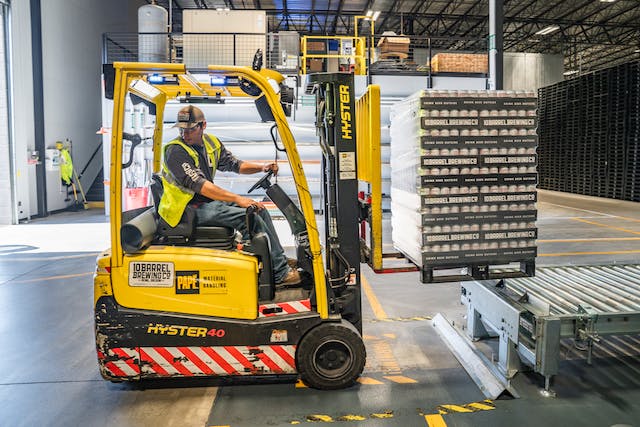Embarking on the journey of growing a business brings with it a spectrum of decisions, each pivotal in its own right.
Central to these decisions is the judicious management of financial resources, particularly in the acquisition of assets.

For many burgeoning entrepreneurs and enterprises, the allure of brand-new assets is often tempered by budget constraints.
This is where the strategic acquisition of second-hand assets becomes invaluable. Not only does this approach offer significant cost savings, but it also ensures the efficient allocation of resources, a crucial factor in the sustainable growth of any business.
1. Quality Office Furniture

Investing in second-hand office furniture can lead to considerable savings, especially for businesses in their nascent stages. Opting for used desks, chairs, and storage units, which often come at a fraction of their original price, can drastically reduce initial setup costs. It’s essential, however, to balance cost-effectiveness with quality. Ensuring that these items are in good condition and align with the company’s professional image is key.
Choosing used office furniture does not mean compromising on style or functionality. Many second-hand items come from businesses that have upgraded or closed, offering high-quality pieces that can enhance the aesthetics of any office space. These items can include ergonomic chairs that ensure employee comfort or stylish ergonomic desks that reflect the company’s brand. It’s all about finding the right pieces that blend functionality, comfort, and style, thereby creating an office environment that is both welcoming and conducive to productivity.
2. Technology and Equipment

In today’s fast-paced technological landscape, keeping up with the latest gadgets and equipment can be a costly affair for any business. However, many second-hand electronic devices and office equipment retain ample functionality to meet business requirements and reduce e-waste. Acquiring used computers, printers, and other tech essentials can lead to substantial financial savings. It’s important to source these items from trusted suppliers who offer some form of warranty, ensuring reliability and longevity of the equipment.
When it comes to second-hand technology, the focus should be on performance and suitability for the intended business tasks. For example, a graphic design firm might require high-performance computers, whereas a consulting firm might prioritise reliable communication devices. Assessing the condition, specifications, and compatibility of these devices with existing systems is crucial. This careful selection process ensures that the technology supports business operations effectively, without the hefty price tag of brand-new equipment.
3. Company Vehicles
For businesses that require transportation, whether for personnel, deliveries, or client services, investing in vehicles is often essential. However, the steep price of new vehicles can be a hurdle. A practical solution is to consider a second-hand vehicle from a reputable company like Cab Direct. Taxi vehicles are an ideal choice as they are often selected for reliability, comfort, and size. Such vehicles have typically been chosen for their durability and are well-maintained, making them a smart investment for businesses.
When selecting a second-hand vehicle, factors such as the vehicle’s service history, mileage, and overall condition should be meticulously evaluated. This ensures that the vehicle is not only cost-effective but also reliable for business use. Additionally, businesses should consider the type of vehicle in relation to their specific needs. A delivery service might benefit from a spacious van, while a corporate service might prefer a more executive model. The right vehicle can significantly enhance operational efficiency and professional image, making it a valuable asset for any growing business.
4. Commercial Machinery

For manufacturing or production-oriented businesses, machinery is often the backbone of operations. However, the investment in new machinery can be a substantial financial burden. Second-hand machinery emerges as a viable alternative, offering comparable productivity at a more accessible price point. It’s imperative to conduct thorough inspections and consider the overall maintenance and operation costs.
The type of machinery required varies greatly depending on the industry. For instance, a textile company might look for looms or sewing machines, while a carpentry business would need different types of saws and sanders. In each case, the focus should be on the machinery’s ability to meet production demands efficiently and reliably. Checking for any remaining warranties and ensuring availability of spare parts are also critical factors.
5. Retail Fixtures and Displays

Retail businesses thrive on presentation and customer experience, making store fixtures and displays pivotal. However, fitting out a retail space with brand-new items can be a substantial expense. Second-hand fixtures and displays present an economical alternative. These items, often sold by businesses undergoing refurbishment or closure, can be acquired at significantly lower prices. It’s essential to ensure these fixtures complement the store’s theme and layout while maintaining a fresh and inviting customer experience.
The advantage of second-hand retail fittings lies not just in cost savings but also in the flexibility it offers. Businesses can experiment with different layouts and designs without the financial burden associated with purchasing new items. This adaptability is crucial in the dynamic retail sector, where trends and customer preferences evolve rapidly.
The Takeaway
Embracing second-hand assets is a strategic move for businesses looking to expand and consolidate their operations without overstretching their financial resources. It’s a decision that reflects a balance of fiscal prudence and operational efficiency. By carefully selecting second-hand items that align with their specific needs and quality standards, businesses can enjoy the benefits of essential assets at a fraction of the cost, paving the way for sustainable growth and financial robustness in a competitive marketplace.








GIPHY App Key not set. Please check settings